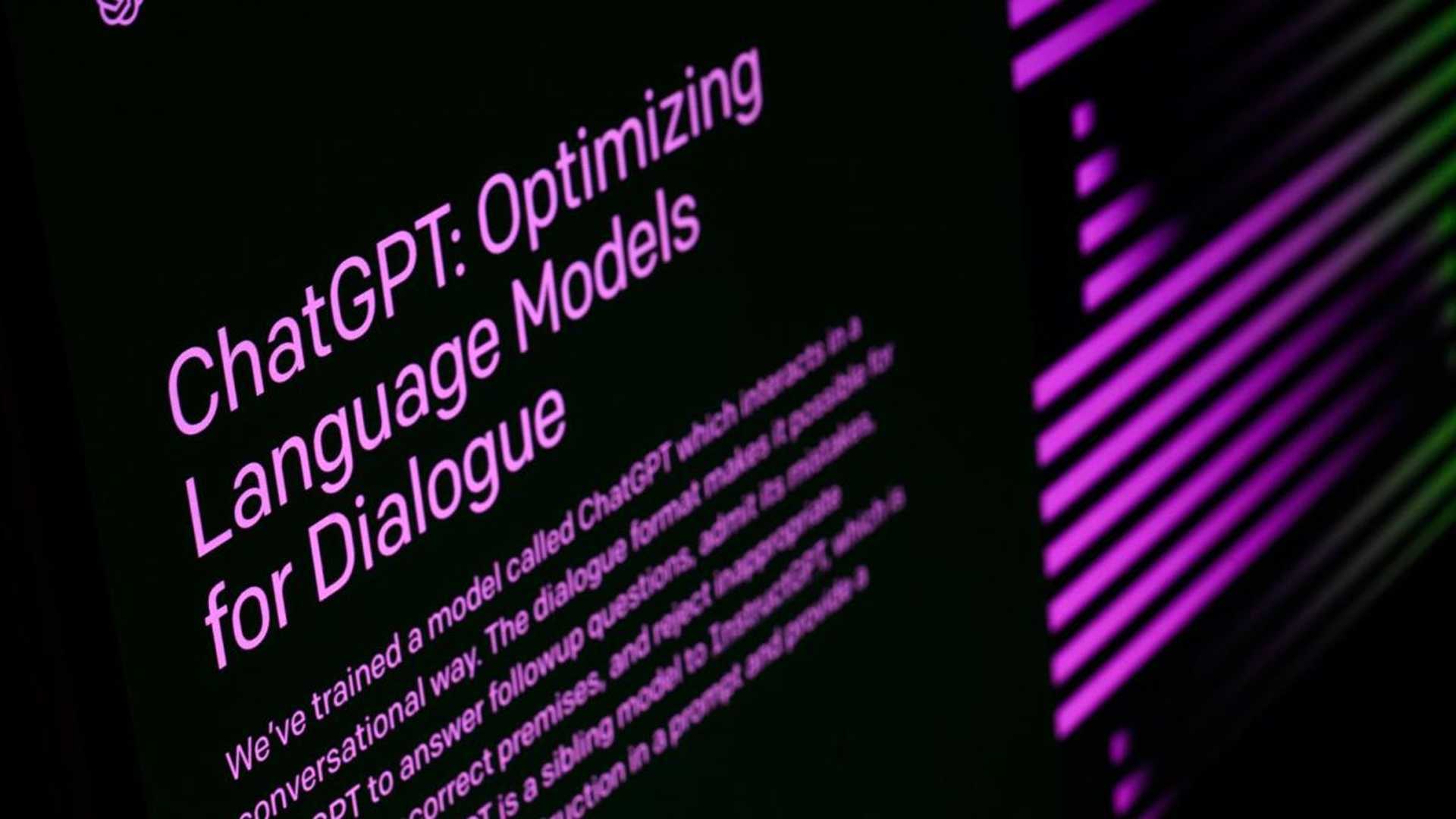ChatGPT has invented its own language
If you're a fan of ChatGPT, you may be interested to know that the OpenAI chatbot has developed a new language. While ChatGPT has some limitations, such as its inability to recall previous conversations, users have found a way to get around this by asking the chatbot to compress the current conversation into a string of seemingly random letters, numbers, and symbols. This allows the chatbot to pick up right where it left off in a new chat.
On April 4th, a Twitter user named Greg Fodor tweeted out a string of characters and requested that no one enter it into GPT-4. If you do happen to enter the string into the GPT-4 version of ChatGPT, the bot will write out a Lovecraftian short story about a group of rebels battling shape-shifting shoggoths. Fodor suggested calling this new language "Shogtongue."
After a long conversation on ChatGPT, you can ask GPT-4 to compress all of it so that it can be fed back into a large language model to continue to chat as if it had never ended. GPT-4 should present a string similar to the one that Fodor shared on Twitter. Open a new chat, feed it the string of characters (and some context if you like), and you should be able to continue the conversation.
It's important to note that this only works with ChatGPT on GPT-4. If you submit a string of random characters to the free version of ChatGPT (which is running on GPT-3.5), it won’t understand what you’re trying to accomplish. Other platforms using the GPT-4 API struggle to figure out how to make use of Shogtongue prompts.
While long-term memory will likely be built into large language models, for now, this is a clever workaround that has allowed ChatGPT to invent a new language.




















